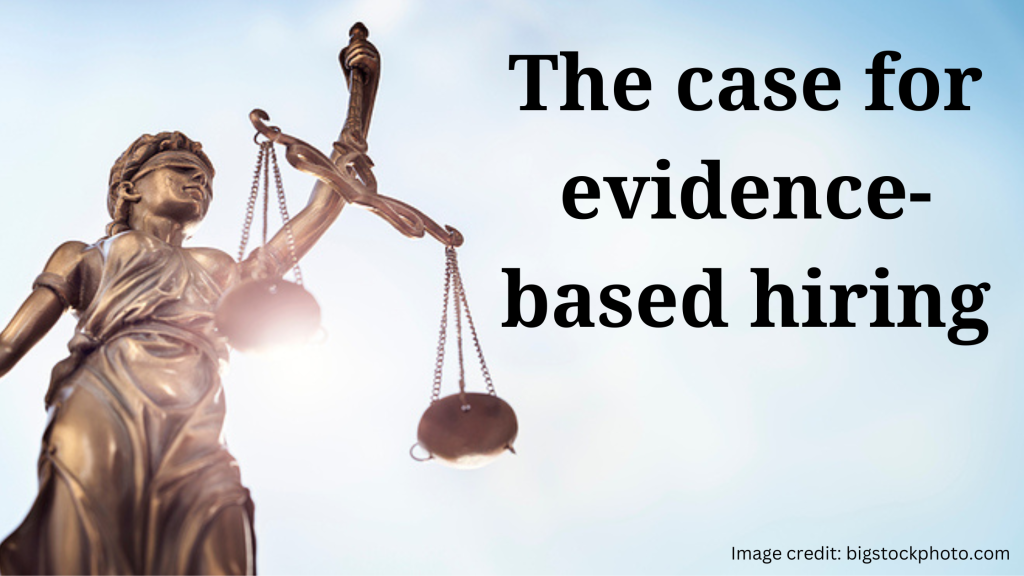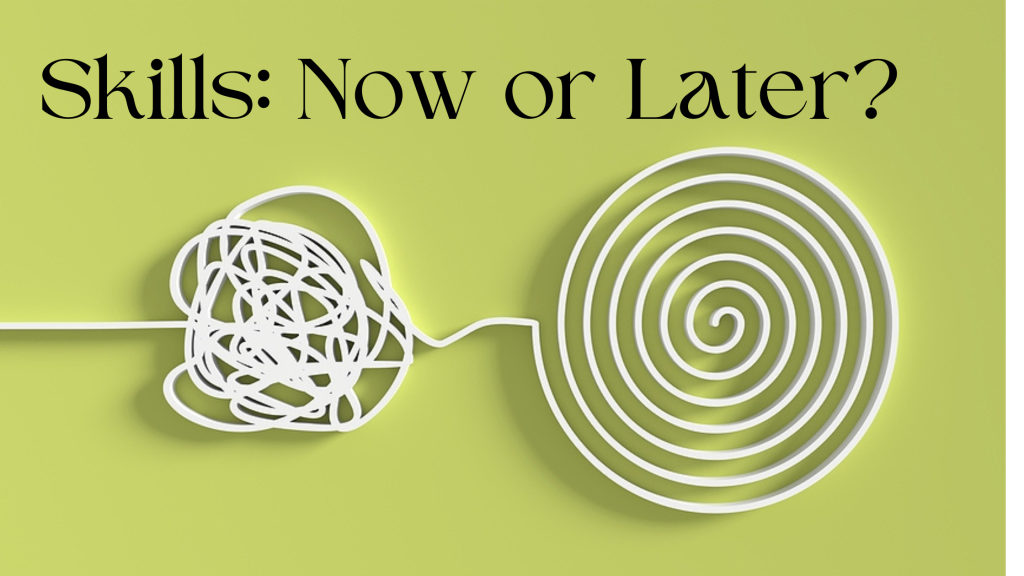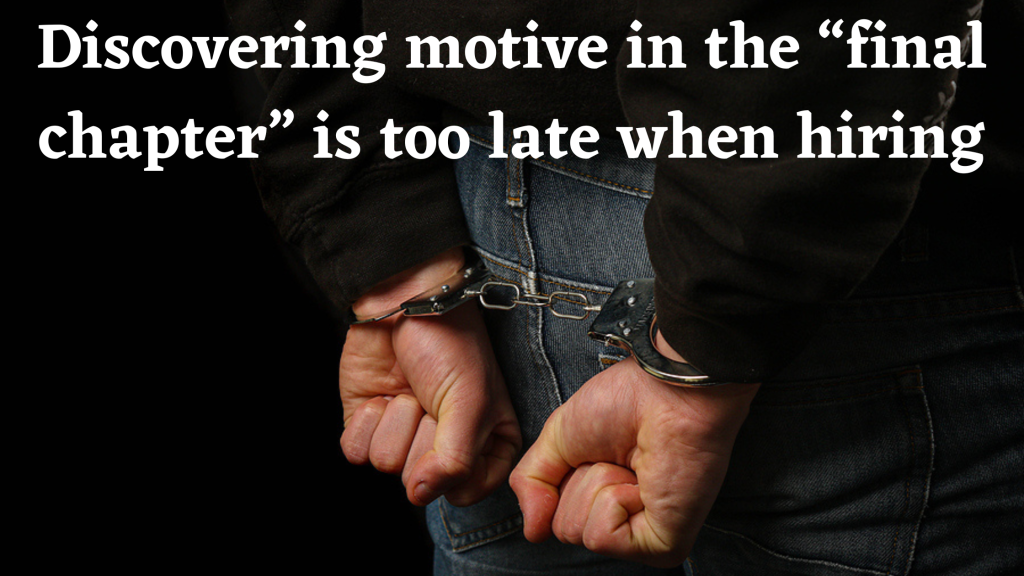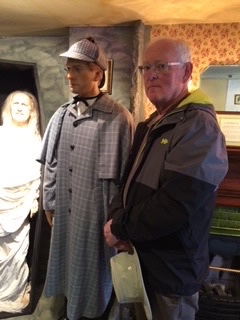
A campaigning politician recently promised that, if elected, he will employ an “evidence-based decision-making model” to resolve society’s problems. This would contrast with his opponents’ practice of “decision-based evidence-making”—seeking evidence to support decisions that have already been made.
Sounds good. Wouldn’t we all welcome a world where decisions were based on the best available evidence?
Yet, while no one would admit to doing the opposite—using an evidence-making approach—the world is full of examples of decisions that were made without first carefully examining the relevant information.
Often, decisions are made first, then followed by a scramble to find reasons that justify the choices of politicians and business leaders. “Evidence-makers” rely on conspiracy theories, “alternative facts” (thanks to former Trump advisor Kellyanne Conway for inventing the term), and the deliberate misinterpretation of credible research findings.
It happens in politics, where solutions that are popular (i.e., what gets you elected) may be at odds with approaches that work elsewhere or are supported by mounds of research. It happens in business, where policies are created to address problems that don’t exist.
Alas, it also happens when hiring, when decisions are driven by factors that may be unconscious, such as gut feelings, biases and first impressions.
Detective Hercule Poirot provides an interesting take on the power of the subconscious near the end of the 2023 film, A Haunting in Venice: “My subconscious mind assembled facts ahead of the rational.”
A rational approach is essential whether identifying a murderer or identifying the right person to hire. When you have a vacancy to fill, you must use interviews and reference checks to gather pertinent evidence before making your hiring decision.
Before beginning to gather evidence, identify the competencies and attitudes the ideal next addition to your staff should possess. Develop questions that will reveal evidence that candidates have what you are seeking. Create a rubric that enables you to objectively assess responses to each question. What would you expect of a potential top performer? What would be acceptable? And what would be an unsatisfactory response?
During interviews, avoid asking opinion questions. Don’t ask candidates, “What would you do if …?” Ask how they have responded to circumstances similar to those they might encounter if hired.
Don’t ask if they feel collaboration and customer service are important. Instead, ask them to describe a time when they collaborated with co-workers or how they resolved a customer’s problem.
Don’t ask references if they would hire this candidate again or for their assessment of the individual’s performance. Ask them to describe how the candidate has collaborated with colleagues or how they responded to a customer’s issue.
Keep your questions short to avoid providing hints about what you would prefer to hear from the candidate.
Decision-first hiring often results when interviewers make a quick judgment about candidates. Once judgments are made, interviewers stop listening for evidence that is contrary to their first impressions.
Keep an open mind. Resist the urge to make early assessments based on what happens early in interviews. Candidates who perform poorly early on may redeem themselves as the interview progresses, while early “front-runners” will fade in the stretch. Collect as much evidence as you can before making hiring decisions.
When you practise evidence-based decision-making, you are setting yourself up for hiring success. You will be prepared to select the right people to fill your vacancies.
==
Want to make evidence-based hiring the norm in your organization? Contact Nelson (nmscott@telus.net or phone/text 780-232-3828) to schedule an Interview Right to Hire Right workshop for your leadership team or to learn more about this and other workshops and programs.










